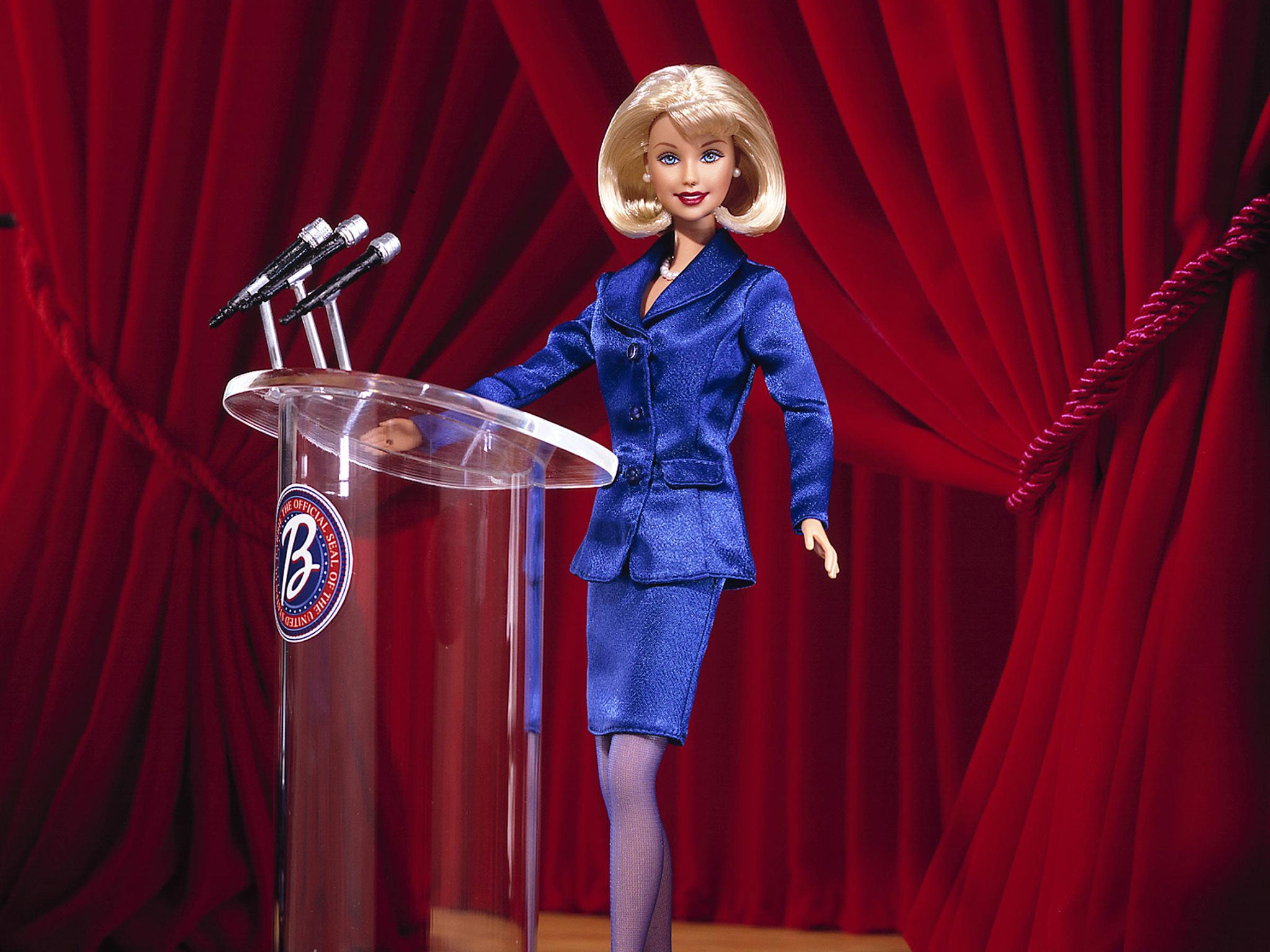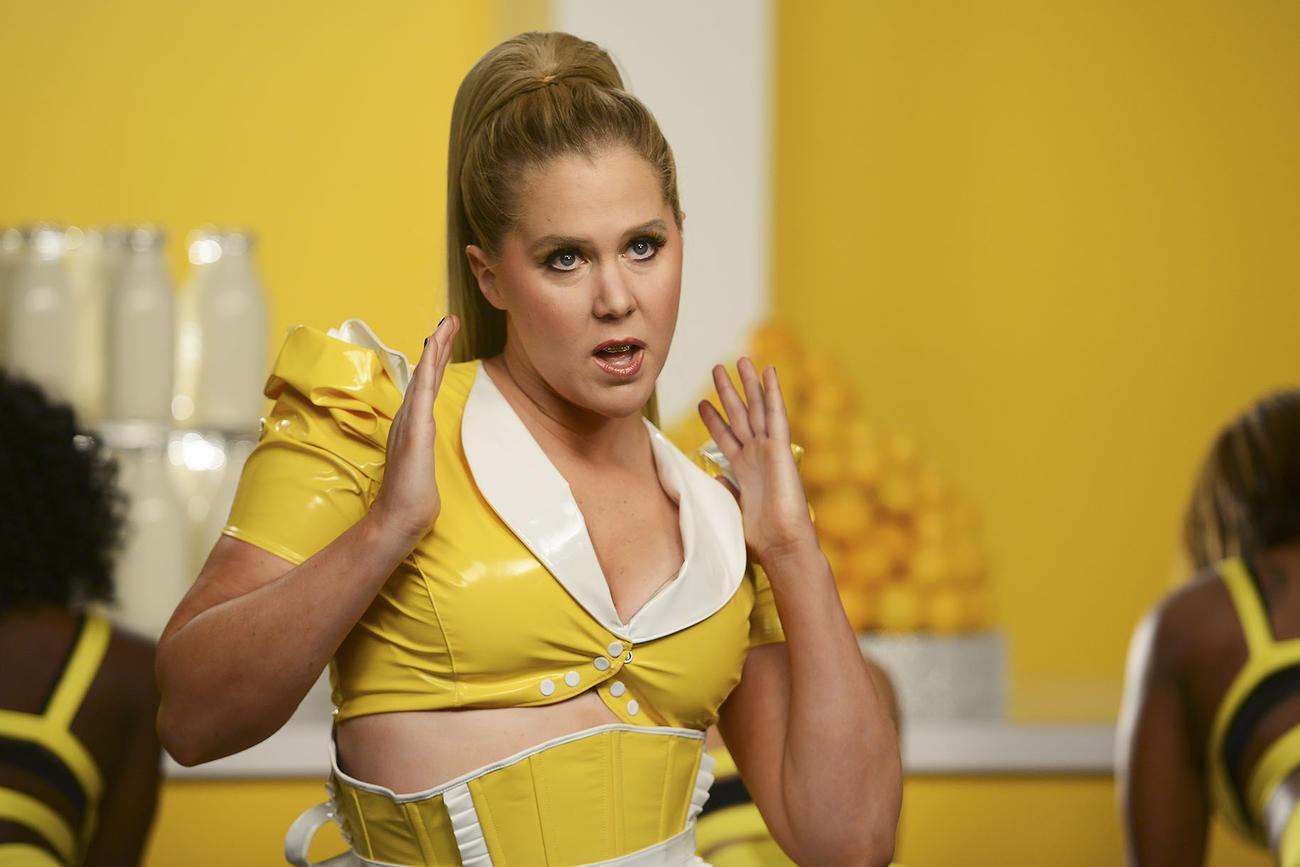Why this feminist is looking forward to the Barbie movie
The Barbie movie is set to offer an arch take on the pressure to be perfect – but it should also embrace the brand's heritage of reflecting young girls' lives

Your support helps us to tell the story
From reproductive rights to climate change to Big Tech, The Independent is on the ground when the story is developing. Whether it's investigating the financials of Elon Musk's pro-Trump PAC or producing our latest documentary, 'The A Word', which shines a light on the American women fighting for reproductive rights, we know how important it is to parse out the facts from the messaging.
At such a critical moment in US history, we need reporters on the ground. Your donation allows us to keep sending journalists to speak to both sides of the story.
The Independent is trusted by Americans across the entire political spectrum. And unlike many other quality news outlets, we choose not to lock Americans out of our reporting and analysis with paywalls. We believe quality journalism should be available to everyone, paid for by those who can afford it.
Your support makes all the difference.Everything about 2017, from the resurgence of racism and sexism in public life to Ivanka Trump's star turn as Julie Nixon Eisenhower, feels retro. So it makes a certain amount of sense that I find myself looking forward with pleasure and apprehension to a new movie about an old toy: Barbie is getting another shot at the big time. The way she's getting it says a lot about adults' anxieties about children's stories.
The Barbie movie that is in development is a meta, fantastical take in which "the main character gets kicked out of Barbieland for not being perfect enough and lands in a real-world adventure".
That approach makes sense: Frankly, it's the only one that gives the movie a chance to arrive in theatres without being preemptively shredded by critics of all stripes. Controversies have dogged Barbie dolls over everything from the doll's physical proportions, to Barbie as a symbol of shopping-obsessed femininity (despite the character's career aspirations), to Mattel's sometimes bungled attempts to design black and Latina dolls as well as dolls with disabilities. Turning Barbie into a commentary on unrealistic standards of perfection rather than an emblem of them is a way to diffuse persistent criticism.
If there's a defensive air to this choice, that's probably inevitable, given not merely Barbie's baggage, but also her status as a toy – as culture for children. Riverdale recently recast the Archie Comics (which have a long prior record of genre experimentation) as a gritty noir drama. The Lego Movie, Phil Lord and Christopher Miller's 2014 animated riff on the iconic toy, began as a sly commentary on the anarchic way children approach potentially formulaic box sets and as a wickedly funny riff on pop-culture archetypes. It was the sincerity in the movie's third act that came as a surprise. One of the best teen movies in recent years is Spider-Man: Homecoming, a film that sold its poignant take on a teenage boy's tender emotions by packaging them up with loud fight scenes.
The way to justify making a movie for adults about a Barbie doll and enticing an Oscar-winning actress to star in it after Amy Schumer dropped out is to make the whole thing arch and to turn it into commentary.

I'll probably enjoy the result. But it would be too bad to see the best parts of Barbie's legacy get lost in the rush to combat unrealistic body expectations and the idea that girls struggle with math and computers.
My grandmother is a serious doll collector, and while I never had much interest in her first-edition Barbie, pristine in her doll-sized black-and-white swimsuit and blonde ponytail, or more contemporary iterations of the doll, I did spend some pleasurable childhood summer afternoons ensconced in Here's Barbie, a 1962 collection of novellas by Cynthia Lawrence and Bette Lou Maybee.
The stories in Here's Barbie portrayed Barbara Millicent Roberts as a teenage girl trying to find her way in a new town, eager to make new friends and anxious about the prospects of early dates. For the most part, they're as innocent and anodyne as early Archie Comics, set in a world where the biggest problem is whether you'll have someone to sit with at lunch or a date to a school dance. (My favourite follows Barbie during a summer in New York where she goes to work after winning a modelling contest; it's unsentimental about the idea that glamour takes a lot of hard, unforgiving work.)
Lawrence and Maybee weren't as talented as Beverly Cleary, whose young adult novels, including Fifteen, Sister of the Bride and The Luckiest Girl are easily the equals of her Ramona books. But they captured both the nerves and joy of teenage girlhood in a way that transcends the era in which Barbie was born and the gloves she's wearing on the cover of the collection.

Watch Apple TV+ free for 7 days
New subscribers only. £8.99/mo. after free trial. Plan auto-renews until cancelled

Watch Apple TV+ free for 7 days
New subscribers only. £8.99/mo. after free trial. Plan auto-renews until cancelled
This aspect of Barbie's appeal gets shoved aside not only by iterations of the character that came with scales or complained about math class, but by the rush to make Barbie a professional woman who conquered any field she entered. The forthcoming Barbie movie will, as Barbie products inevitably do, embody some of the contradictions and challenges of feminism: how do we encourage girls without encouraging them to grow up too quickly? And how do we let girls know that they can do and be interested in anything without tearing down traditionally feminine spheres, be they fashion or mothering, in the process?
There are no easy answers to these questions, and whatever the Barbie movie inevitably looks like, it will provoke more debate than it resolves. Even poor Ken, who has broken barriers mainly by being an accessory to a more powerful woman, came in for it recently when he was redesigned, sparking a conversation about contemporary masculinity. I'll look forward to those arguments. But I hope that in the midst of them we can take a moment to remember that there's real virtue in telling stories about girls' feelings, girls' interests and girls' high school experiences without dressing them up to make adults feel better.
© The Washington Post
Join our commenting forum
Join thought-provoking conversations, follow other Independent readers and see their replies
Comments